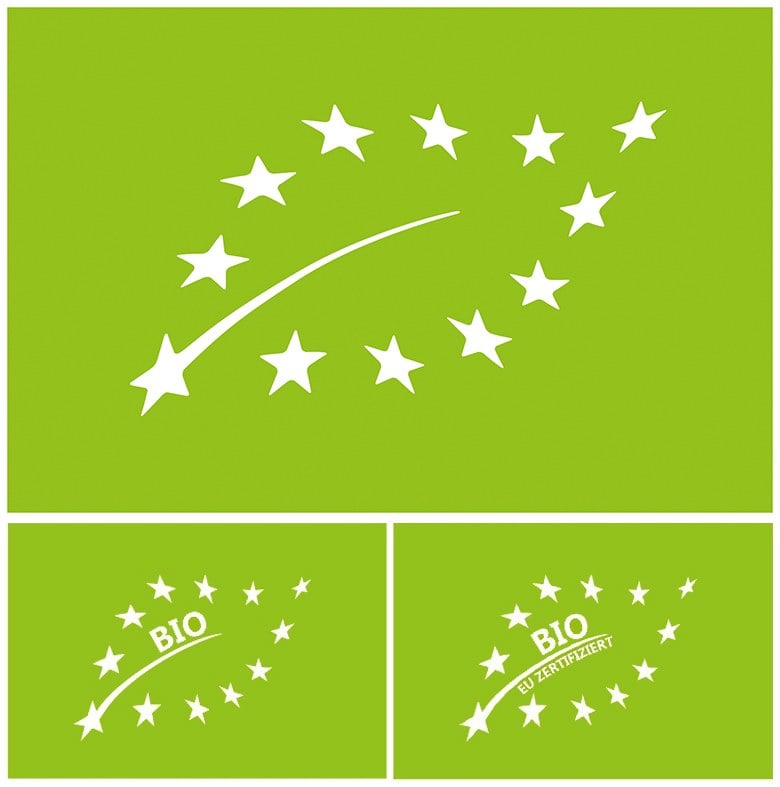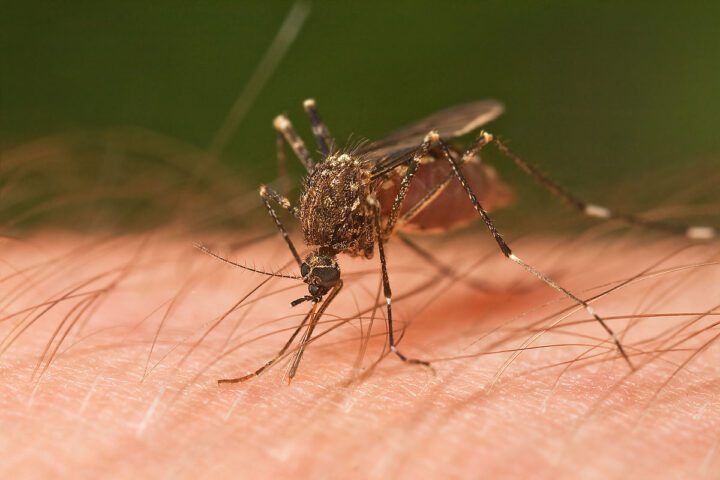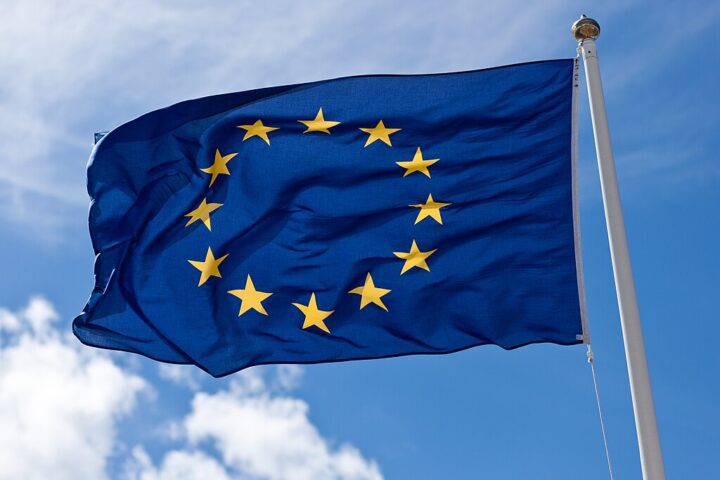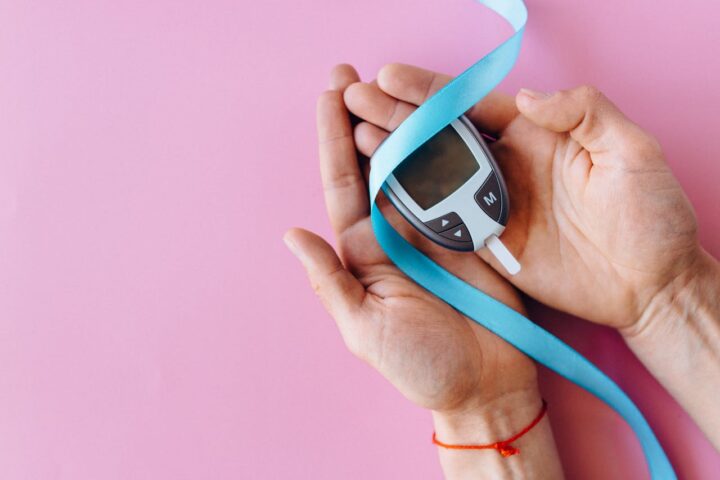A small change can make a big difference. That’s what researchers have found with the EU’s organic food label, known as the “Green Leaf.” By simply adding the word “BIO” or “ECO” inside the leaf design, consumers found the label clearer and more trustworthy.
The study, led by the University of Bonn with partners in the UK and Hungary, tested these minor design changes across seven European countries with 9,500 participants. The results were striking – the modified labels were consistently rated as easier to understand than the original design.
“Many labels fail to do so because they either don’t attract attention, aren’t clear enough, or even cause confusion,” explains Professor Monika Hartmann, who led the research at the University of Bonn.
Similar Posts
This clarity problem shows in the numbers. A 2024 survey found only 56% of EU citizens recognize the Green Leaf logo, and just 45% understand it means products meet EU organic standards – despite the label being mandatory on packaged organic products since 2010.
In a follow-up study with about 500 German participants, researchers found even more dramatic improvements. The modified label with “BIO” or “ECO” added was correctly identified as an organic mark by nearly 90% of people, compared to under 70% for the original logo.
Interestingly, researchers tested a second version that also included “EU-certified” text, but this extra wording didn’t improve understanding further. “Apparently, the original logo mainly lacks the unmistakable signal that it denotes organic,” Hartmann notes.
The study also found that while the design change didn’t directly increase people’s intention to buy organic products, it had an indirect effect. The clearer label reduced uncertainty and increased trust, which in turn made people more willing to purchase.
These findings, published in the journal Agribusiness, suggest a simple solution to a long-standing problem. By making small, thoughtful changes to how sustainability information is presented, companies and regulators can help consumers make more informed choices without adding confusion to already crowded packaging.
For everyday shoppers navigating grocery store aisles, this research points to a future where understanding what’s truly organic might become just a little bit easier.



















